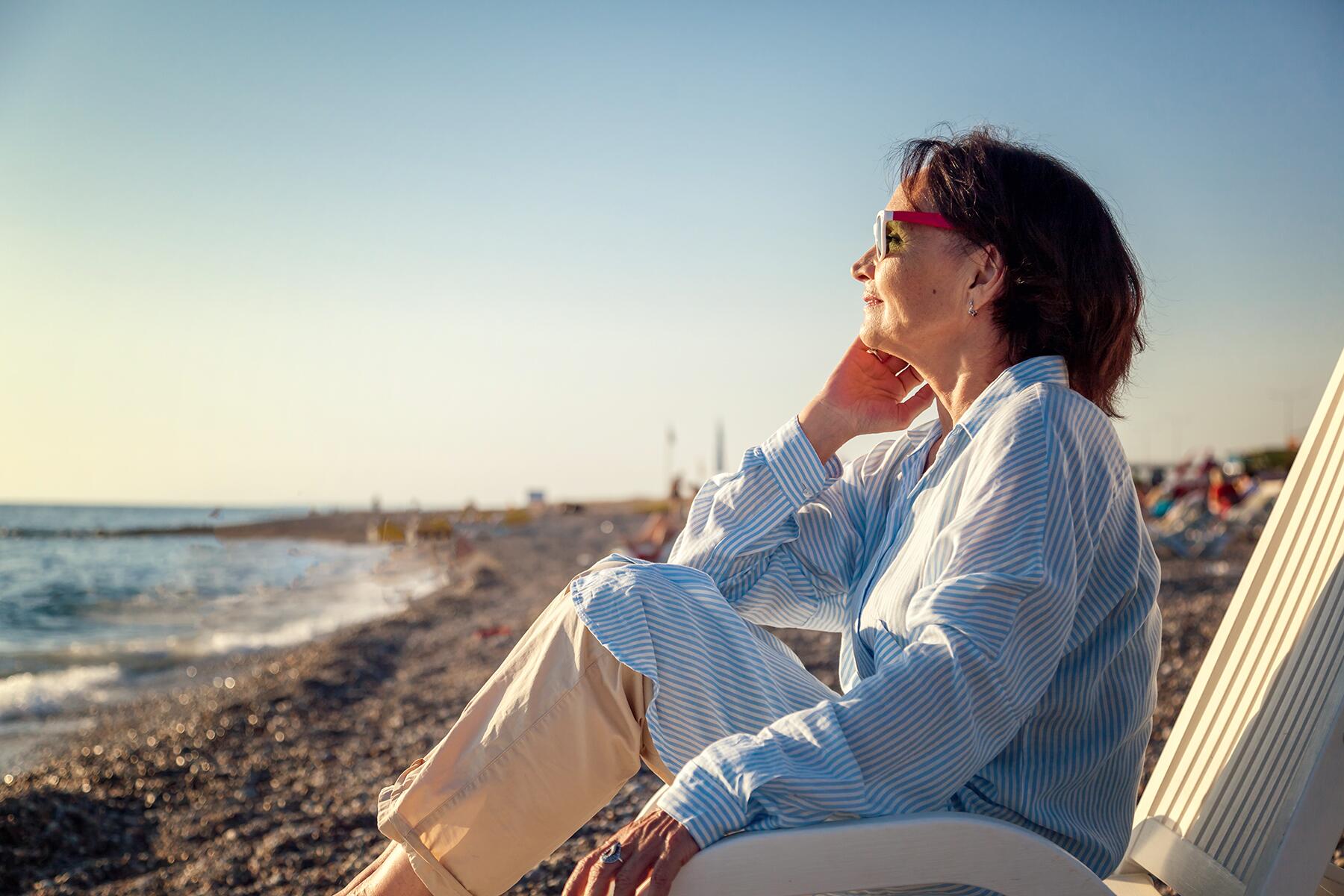Travel
Study Says Travel Can Delay Signs of Aging. But There’s a Catch

“Tourism isn’t just about leisure and recreation. It could also contribute to people’s physical and mental health.”
Traveling for pleasure could have an unintended, but much sought-after side effect, according to a new study. Australian researchers have suggested that tourism could have positive health benefits, including the potential to slow signs of aging.
Doctoral students at Edith Cowan University, near Perth, have completed an interdisciplinary study, published earlier this year in the Journal of Travel Research.
Considering tourism’s potential for both positive and negative impacts on physical, mental, and social health, the findings seem to suggest that positive tourism experiences help maintain a low-entropy state in several of the body’s key systems. Not surprisingly, negative tourism experiences drive entropy states toward chaos, leading to overall poorer outcomes.
Notably, the aging process could be affected by travel experiences, said PhD candidate Fangli Hu. “Ageing, as a process, is irreversible. While it can’t be stopped, it can be slowed down,” she says, noting that positive travel experiences could enhance physical and mental wellness through exposure to novel environments, physical activity and social interaction—as long as they result in positive emotions.
Continue Reading Article After Our Video
Recommended Fodor’s Video
“Tourism isn’t just about leisure and recreation. It could also contribute to people’s physical and mental health,” Hu adds.
New surroundings encountered by travelers and relaxing leisure activities, in particular, she says, can effectively trigger systems in the body that promote health. Responses might include elevated metabolic rates and an adaptive immune system response. In essence, the body’s reaction to new environments is like a tonic for the defenses, helping protect against natural threats—but also promoting healing systems that have the knock-on effect of delaying external signs of aging.
“Put simply,” she says, “the self-defense system becomes more resilient. Hormones conducive to tissue repair and regeneration may be released and promote the self-healing system’s functioning.”
“Leisurely travel activities might help alleviate chronic stress, dampen overactivation of the immune system, and encourage normal functioning of the self-defense system. Engaging in recreation potentially releases tension and fatigue in the muscles and joints. This relief helps maintain the body’s metabolic balance and increases the anti–wear-and-tear system’s effectiveness. Organs and tissues can then remain in a low-entropy state,” Hu explains.
Some of the activities cited, however, don’t appear to be solely travel-related. The study calls out physical activities such as hiking, walking, and cycling, none of which are exclusive to the travel space. The study also admits that travelers often face stressors more common to travel than everyday life, including exposure to infectious diseases, accidents, injuries, violence, water and food safety issues, and the risk of stress-inducing experiences in tourism.
The study also seems to omit mention of the physical stressors associated with long distance air travel, such as fatigue, dehydration, and the disruption of the body’s circadian rhythms known as “jet lag” which can create brain fog and lead to insomnia and other sleep difficulties. However, the effects of jet lag can be temporary and incidental, while the ECU study seems to focus on more holistic effects of frequent positive tourism experiences on the body’s ability to repair itself (including its ability to delay outward signs of aging).
It could also be possible to duplicate the effects of positive tourism experiences closer to home, as the study calls out new surroundings (but not necessarily distant ones), relaxing activities, and light exercise as helping to promote the health of the body’s self-organizing systems.
That would certainly be more natural than commercial anti-aging cosmetics.









